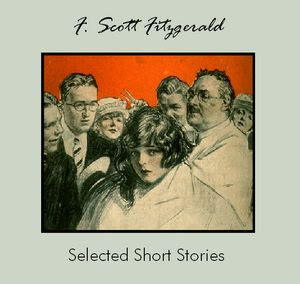
Welcome to the Writer's Library, dedicated to the classic short stories, novels, poetry and books on writing. Learn to write by studying the classics. The collection provides readers with a perspective of the world from some of the 18th and 19th century's most talented writers. "You learn by writing short stories. Keep writing short stories. The money’s in novels, but writing short stories keeps your writing lean and pointed." – Larry Niven
Read Like A Writer
There are two ways to learn how to write fiction: by reading it and by writing it. Yes, you can learn lots about writing stories in workshops, in writing classes and writing groups, at writers' conferences. You can learn technique and process by reading the dozens of books like this one on fiction writing and by reading articles in writers' magazines. But the best teachers of fiction are the great works of fiction themselves. You can learn more about the structure of a short story by reading Anton Chekhov's 'Heartache' than you can in a semester of Creative Writing 101. If you read like a writer, that is, which means you have to read everything twice, at least. When you read a story or novel the first time, just let it happen. Enjoy the journey. When you've finished, you know where the story took you, and now you can go back and reread, and this time notice how the writer reached that destination. Notice the choices he made at each chapter, each sentence, each word. (Every word is a choice.) You see now how the transitions work, how a character gets across a room. All this time you're learning. You loved the central character in the story, and now you can see how the writer presented the character and rendered her worthy of your love and attention. The first reading is creative—you collaborate with the writer in making the story. The second reading is critical.
John Dufresne, from his book, The Lie That Tells A Truth: A Guide to Writing Fiction

No comments:
Post a Comment